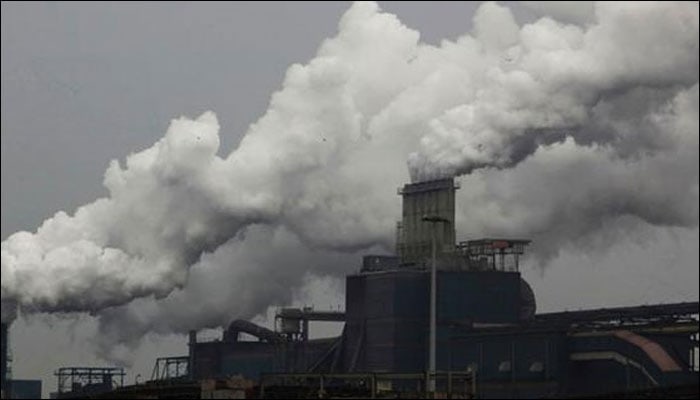London: Scientists have developed a platinum and copper alloy catalyst that can convert methane in shale gas into hydrocarbon fuels.
Platinum or nickel are known to break the carbon-hydrogen bonds in methane found in shale gas to make hydrocarbon fuels and other useful chemicals.
However, this process causes coking – the metal becomes coated with a carbon layer rendering it ineffective by blocking reactions from happening at the surface.
The new alloy catalyst developed by scientists at University College London (UCL) in the UK and Tufts University in the US is resistant to coking, so it retains its activity and requires less energy to break the bonds than other materials.
Currently, methane reforming processes are extremely energy intense, requiring temperatures of about 900 degrees Celsius.
This new material could lower this to 400 degrees Celsius, saving energy, researchers said.
The study, published in the journal Nature Chemistry, demonstrates the benefits of the new highly diluted alloy of platinum in copper – a single atom alloy – in making useful chemicals from small hydrocarbons.
A combination of surface science and catalysis experiments and powerful computing techniques were used to investigate the performance of the alloy.
These showed that the platinum breaks the carbon-hydrogen bonds, and the copper helps couple hydrocarbon molecules of different sizes, paving the way towards conversion to fuels, researchers said.
“We used supercomputers to model how the reaction happens – the breaking and making of bonds in small molecules on the catalytic alloy surface, and also to predict its performance at large scales,” said Professor Michail Stamatakis from UCL.
“For this, we needed access to hundreds of processors to simulate thousands of reaction events,” Stamatakis said.
PTI

